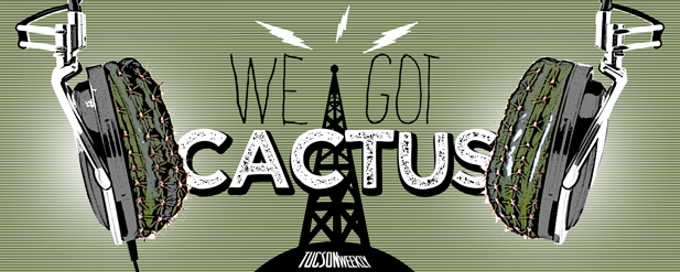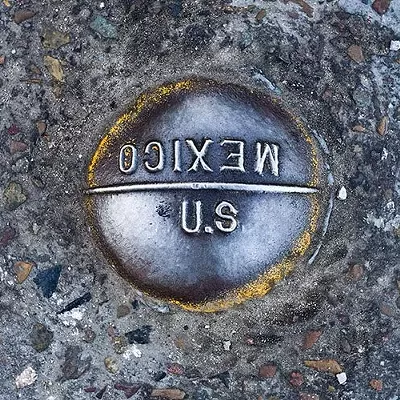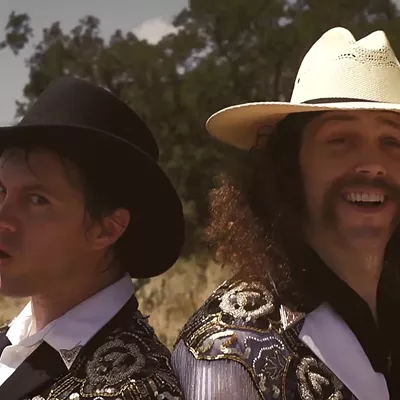Thursday, January 10, 2013
Peter Ivers and New Wave Theatre
Earlier this morning I finished In Heaven Everything Is Fine: The Unsolved Life of Peter Ivers and the Lost History of New Wave Theatre by Josh Frank and Charlie Buckholtz. It was a heart-breaking biography on a unique man who was beaten to death, a crime still unsolved.
So who is Peter Ivers?
Peter Ivers was a Harvard-educated musician, a man who wrote music for his friend's theater productions by day and learned the harmonica from Little Walter at night. He took to the harmonica with pure gusto, blowing away his classmates and other musicians when the diminutive, Puck-like Ivers took the stage. Muddy Waters called him the best blues Harmonica player alive (post Little Walter's death, of course). Ivers had big ambitions, and in the early 1970s he moved across the country to L.A.
In Los Angeles he became involved with the American Film Institute, where he met and bonded with a young David Lynch. Lynch was working on his then student film, Eraserhead, a process which took several years to complete. Meanwhile, Ivers had made a pop/prog/avant-garde album called Terminal Love for Warner Brothers, an album that raised a few eyebrows but produced no hits. However, when Lynch heard it, he knew what was missing from his incomplete film - Ivers' voice. Ivers had a rare high-pitched register, an almost soothing Marlyin Monroe on helium effect. Lynch and Ivers collaborated on a tune for the film, and then "In Heaven (Everything Is Fine)" was born. Yes, the song that the pasty, puffy-cheeked "Lady in the Radiator" sings in Eraserhead. A song that would become staples in both Devo's and The Pixies live concerts. That's Peter Ivers.
Only a few years later, Ivers would become the host of the amazing New Wave Theatre. The show was broadcast on an upstart L.A. public access channel, and it showcased the then explosive punk/new wave/experimental/performance art scene. Everybody from 45 Grave, Fear, The Plugz, Johanna Went, The Dead Kennedys, and The Surf Punks would play a few tunes while celebrities like Harold Ramis, Beverly D'Angelo, Elvira and John Belushi stopped by to add a few words or stare vacantly into the camera. Ivers, dressed in outrageous and often sci-fi themed costumes would introduce the bands and then briefly ask them a few strange and existential questions afterwards, always asking "what's the meaning of life?" as his final inquiry. The bands were either cool with the guy or stiffly antagonizing (Lee Ving of Fear, unsurprisingly, seemed to revel in being a dick to Ivers during Fear's oft-repeated performances). Ivers genuinely loved the bands, but sometimes taking the piss out of some of the more macho punk groups was a pleasure he couldn't resist.
David Jove, the creator, writer and editor of New Wave Theatre, was if anything a stone-cold visionary. This was before MTV, and his style - Chroma key special effects, quick edits, roving hand-held camerawork, and splicing stock footage throughout the performances like an unrestrained and hopped-up Oliver Stone, was attention-grabbing and unsubtle to say the least. Jove and Ivers, both ex-flower children at the dawn of the Reagan era, loved the punk rock attitude of the new bands and really thought they would revolutionize the way music and television meshed. Too hot and too underground for MTV, at least someone at cable television was paying attention - New Wave Theatre was promptly picked up by the USA network's insanely popular late-night show, Night Flight.
While I was too young at the time to understand its relevancy, my own vague memories of Night Flight are great. I remember staying up late with an older cousin to watch it, wigging out at footage of The Rocky Horror Picture Show. "Sweet Transvestite" probably has that effect on a lot of 7-year old kids. I also remember risque cartoons and some sort of spotlight on Oingo Boingo. They would show the weirdest movies, the freshest videos, the funniest comedians, and the newest of the new wave bands. New Wave Theatre often ended the last half-hour of Night Flight; coast to coast their tiny but explosive show was now being seen by thousands, if not millions of curious and rebellious teenagers.
But...everything came to a standstill when Ivers, at age 36, was found dead in his Little Tokyo loft, bludgeoned to death. Fingers were pointed between the punk crowd and the Hollywood crowd, two universes Ivers inhabited at once. Evidence was lost, accusations the LAPD didn't care about some "weirdo" were made, and ultimately, nobody was found to be responsible.
Thanks to Youtube, New Wave Theatre lives on. And when people in this day in age still ask why MTV doesn't play videos anymore, tell them to go fuck themselves and get on Youtube and make their own damn playlist. You want your MTV? Become your own MTV. If Ivers were still alive today, he'd be thrilled at the vast technology at our fingertips and the incredible power of storing information on the internet. Like he said in one moving monologue, "There's not a moment to waste on anything that prevents us from the richness of our own foreverness." I'd like to think he'd be on the cusp of new and inventive ways to perform and interact with each other via tomorrow's technology. If he only knew how close we are to the singularity...
RIP, Peter Ivers.
Tags: peter ivers , new wave theatre , david lynch , eraserhead , night flight , suburban lawns , fear , castration squad , dead kennedys , 45 grave , punk , new wave , videos , Video













